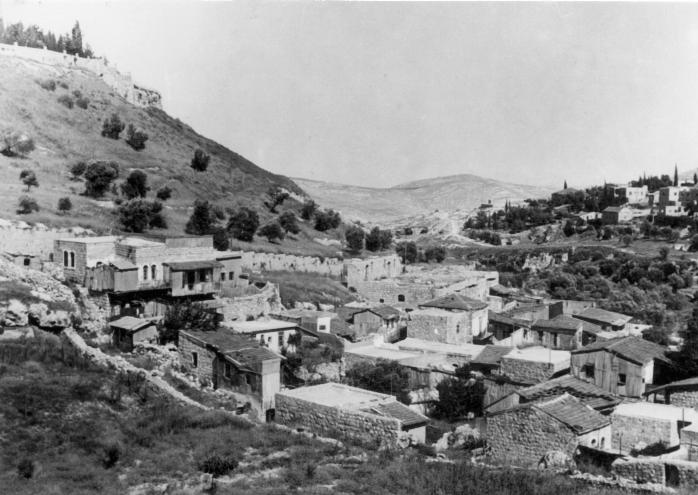The Etymology of the Word Hell Changes Our Understanding of What Actually Hell Is…
Before I dig into this, we have to remember while the NT was written in Greek the language Jesus spoke was actually Aramaic; so, right off the bat we’re not just two languages apart from the original spoken word but, were also an unaccountable amount of translations/interpretations away from what we think Jesus meant when speaking of hell (I wrote more on this here).
But, the word used today, “hell,” didn’t exist in the first century (when scripture is said to have been written). In Greek, it’s “Gehenna” (Γέεννα). And, in “English ‘Gehenna’ represents the Greek (Geenna; Γέεννα) found in the New Testament, a phonetic transcription of Aramaic (Gēhannā ܓܝܗܢܐ),[4]) equivalent to the Hebrew Ge Hinnom, literally ‘Valley of Hinnom’ [1].”
“The word hell becomes a prime example: the word we use today doesn’t actually appear in the language until approximately AD 725– long after the first century. In addition, the word doesn’t come from Hebrew at all but rather is ultimately rooted in Proto-Germanic.”
– Ben Corey
Essentially in any form of communication, we have, at the very least, two individuals reading meaning into whatever it is we’re “comprehending” or hearing. In instances with the interpreting scripture we have what Jesus said, then what the author heard or recalls Jesus saying, then what we think are several copies later of what was originally written about what ______ [said person, apostle, or disciple] recalled, to our pastors and then, finally… however exhaustingly, all the wall to you and I (i.e. “the congregants”).
“… but I think the idea that such places exist [heaven and hell] were not the original ideas of Jesus and his followers, but were later developments among Christian thinkers in later times.”
– Bart Ehrman
The [Very Short] Historicity of the Valley of Hinnom (Gehenna)…

But, in order to understand the full context of this situation you need to also understand the historicity of this particular place known as the “Valley of Hinnom” (let’s make this straight to the point):
In Matthew 24 Jesus prophecies the coming destruction of Israel. He goes on to then advise the Israelites to flee to the hillsides and, if they didn’t then they’d die. And, the people who chose to remain in the Valley [of Hinnom] (as opposed to fleeing to the Hillside)their bodies were literally burned in “hell” (again, that being the Valley of Hinnom).
Kurt Willems articulates this quite well saying, “When Jesus appeals to Gehenna, he evokes a literal place, not in the underworld, but outside of Jerusalem. Most of the time Jesus uses “hell” in the context of parabolic imagery. To say ‘hell’ is to use imagery that helps listeners understand the danger in this life and the next of not joining up with God’s kingdom purposes.”
So, when we read Jesus saying in the text, “You are nothing but snakes and the children of snakes! How can you escape going to Hell (Gehenna)?”
More literally, Jesus was saying, “You are nothing but snakes and the children of snakes! How will you escape going to the Valley of Hinnom?”
So this should put a different perspective on Hell when Jesus then goes on to say or rhetorically ask, “How will you escape going to ‘Gehenna’ or ‘The Valley of Hinnom’”?
It still leaves the question of whether or not Jesus’ words here are literal, figurative, or both.
Although as Jesus spoke with parabolic imagery this then, very much so, leaves the door wide open for a more celestial version of hell to exist after this life.
Which opens a whole other can of worms in that it leads to other questions in regard to whether or not a loving God would allow people to suffer for an eternity simply because of their behaviors (or the lack thereof) during a period of time that’s not even a blip on the radar screen when compared to that of eternity…(?)
Which is why many of us who struggle with this question believe in what’s called “annihilationism.” (another topic for another time)












